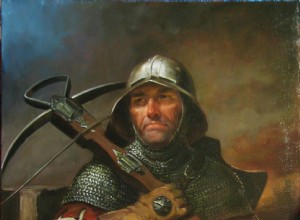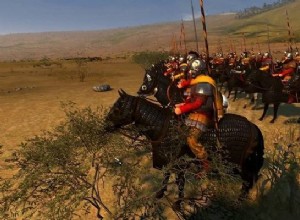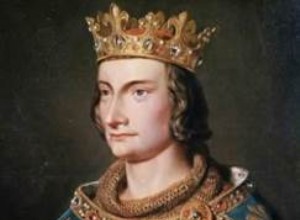As professional martial artist, edged weapon designer, and close combat specialist Doug Marcaida puts it, sir, his weapon will kill «. And if he kills, he will kill anyone regardless of his religious affiliation. Well, no, either because of the instructions for use of its inventor or because it was




